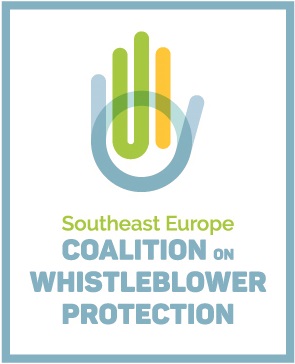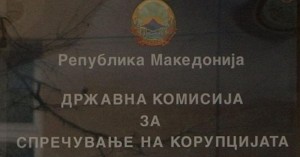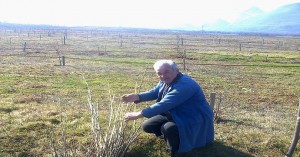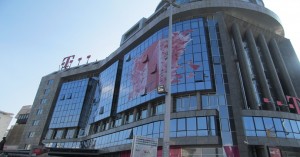
Residents of Novo Selo, in Demir Hisar, do not have a major choice on their TV sets, and learn about what is happening beyond their place of residence solely on the three channels emitted by the public broadcasting service – MRTV, including the parliament channel. Although they have procured receivers to follow other channels with national concession, whose signals should reach their homes, they are still denied this service. However, they are not alone in this predicament. According to statements of residents in other rural areas, they as well are not satisfied with the offer that should have been achieved with digitalization, which had been announced as revolution of televised offers. Many and varied features were promised: subtitles in several languages, faster teletext, online payment, electronic programme guide, interactive television… While it was expected to contribute to improved media...
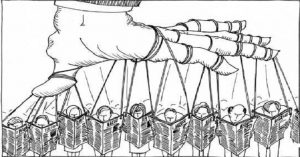 The majority in the Macedonian Parliament, without much debate and deliberation, turned down the bill on reforms in the media just days before it was dissolved. The proposal, comprised under the advice of ex-mediator Peter Vanhoutte, was expected to be seriously addressed by MPs because of their leaders’ signature of the Przino Agreement. But with the rejection of this proposal another unfulfilled obligation remained ahead of the early parliamentary elections on 5th June. Media organizations as proponents are once again disappointed by the lack of political will to finally regulate the media sphere in Macedonia. It is necessary to reform the media sector in a period when the political crisis is culminating. This opens several questions: who owns the media in Macedonia and thus the largest share in shaping public opinion? Do private media take into account the public...
The majority in the Macedonian Parliament, without much debate and deliberation, turned down the bill on reforms in the media just days before it was dissolved. The proposal, comprised under the advice of ex-mediator Peter Vanhoutte, was expected to be seriously addressed by MPs because of their leaders’ signature of the Przino Agreement. But with the rejection of this proposal another unfulfilled obligation remained ahead of the early parliamentary elections on 5th June. Media organizations as proponents are once again disappointed by the lack of political will to finally regulate the media sphere in Macedonia. It is necessary to reform the media sector in a period when the political crisis is culminating. This opens several questions: who owns the media in Macedonia and thus the largest share in shaping public opinion? Do private media take into account the public...



